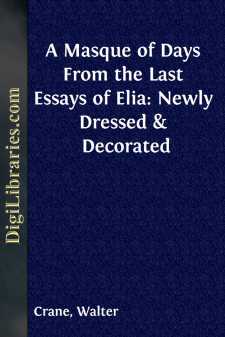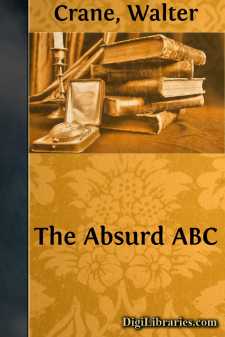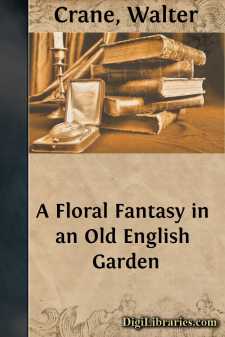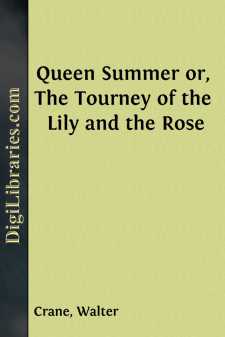Categories
- Antiques & Collectibles 13
- Architecture 36
- Art 48
- Bibles 22
- Biography & Autobiography 813
- Body, Mind & Spirit 141
- Business & Economics 28
- Children's Books 12
- Children's Fiction 9
- Computers 4
- Cooking 94
- Crafts & Hobbies 4
- Drama 346
- Education 46
- Family & Relationships 57
- Fiction 11826
- Games 19
- Gardening 17
- Health & Fitness 34
- History 1377
- House & Home 1
- Humor 147
- Juvenile Fiction 1873
- Juvenile Nonfiction 202
- Language Arts & Disciplines 88
- Law 16
- Literary Collections 686
- Literary Criticism 179
- Mathematics 13
- Medical 41
- Music 40
- Nature 179
- Non-Classifiable 1768
- Performing Arts 7
- Periodicals 1453
- Philosophy 64
- Photography 2
- Poetry 896
- Political Science 203
- Psychology 42
- Reference 154
- Religion 513
- Science 126
- Self-Help 83
- Social Science 81
- Sports & Recreation 34
- Study Aids 3
- Technology & Engineering 59
- Transportation 23
- Travel 463
- True Crime 29
The Rectory Children
by: Walter Crane
Categories:
Description:
Excerpt
CHAPTER I
THE PARLOUR BEHIND THE SHOP
'I was very solitary indeed.'(Visit to the Cousins).—Mary Lamb.The blinds had been drawn down for some time in the back parlour behind Mr. Fairchild's shop in Pier Street, the principal street in the little town of Seacove. And the gas was lighted, though it was not turned up very high. It was a great thing to have gas; it had not been known at Seacove till recently. For the time of which I am writing is now a good many years ago, thirty or forty at least.
Seacove, though a small place, was not so out-of-the-way in some respects as many actually larger towns, for it was a seaport, though not a very important one. Ships came in from all parts of the globe, and sailed away again in due course to the far north, and still farther off south; to the great other world of America, too, no doubt, and to the ancient eastern lands. But it was the vessels going to or coming from the strange mysterious north—the land of everlasting snow, where the reindeer and, farther north still, the white bear have their home, and where the winter is one long, long night—it was somehow the thought of the north that had the most fascination for the little girl who was sitting alone in the dull parlour behind the shop this late November evening. And among the queer outlandish-looking sailors who from time to time were to be seen on the wharf or about the Seacove streets, now and then looking in to buy a sheet of paper and an envelope in her father's shop, it was the English ones belonging to the whalers or to the herring smacks bound for the north who interested Celestina by far the most.
This evening she was not thinking of sailors or ships or anything like that; her mind was full of her own small affairs. She had got two new dolls, quite tiny ones—Celestina did not care for big dolls—and long as the daylight lasted she had been perfectly happy dressing them. But the daylight was gone now—it was always rather in a hurry to say good-night to the back parlour—and the gas was too dim for her to see clearly by, even if she had had anything else to do, which she had not, till mother could give her a scrap or two for the second dolly's frock. It was mother she was longing for. She wanted to show her the hats and cloaks she had made out of some tiny bits for both the dollies—the cloaks, that is to say, for the hats were crochet-work, crocheted in pink cotton. Celestina's little fingers were very clever at crochet.
'Oh, mother, mother,' she said half aloud, 'do come.'
She had drawn back the little green baize curtain which hung before the small window between the shop and the parlour, and was peering in, her nose flattened against the glass. She was allowed to do this, but she was not allowed to run out and in of the shop without leave, and at this time of the day, or evening, even when there were few customers, she knew that her father and mother were generally busy. There were late parcels to put up for the little errand-boy to leave on his way home; there was the shop to tidy, and always a good many entries to make in the big ledger....












